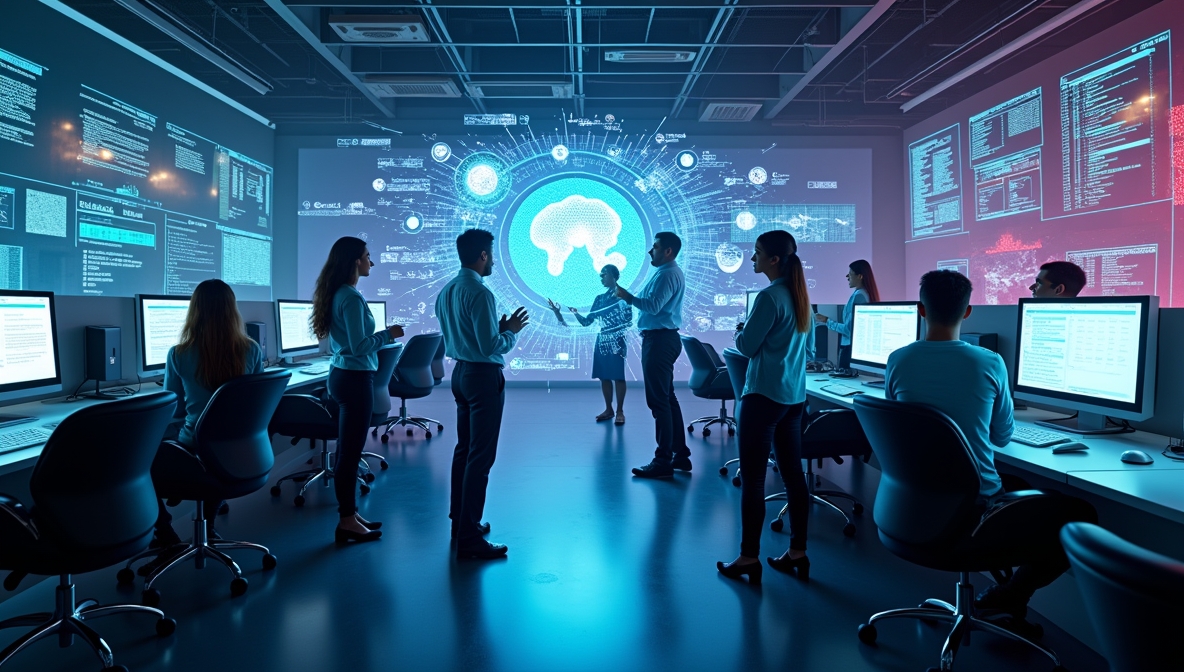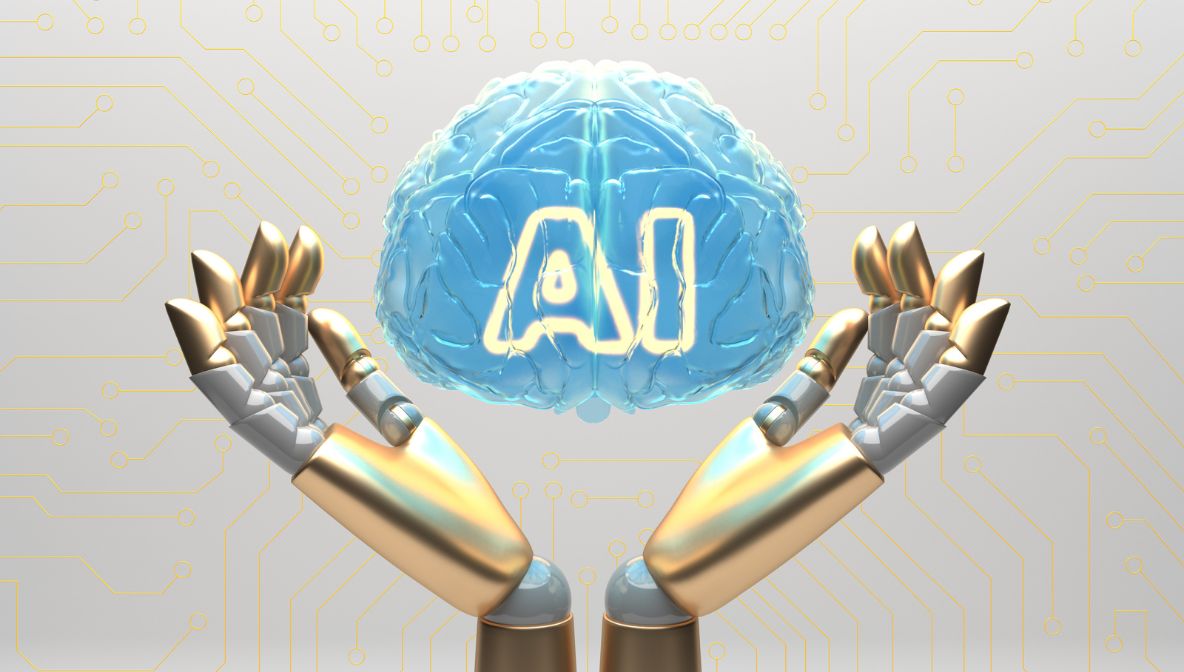Machine learning (ML) is a branch of artificial intelligence that enables computers to learn from data and make decisions without explicit programming. In healthcare, machine learning is rapidly transforming the landscape of medical research, diagnosis, and treatment. As an innovative technology, it is being used to detect diseases early, personalize treatments, and optimize patient outcomes.
Key Points:
- Machine learning helps in predicting patient outcomes by analyzing vast amounts of data.
- It allows for early disease detection, improving treatment effectiveness.
- Machine learning algorithms are transforming the way healthcare systems work.
What Is Machine Learning in Healthcare?
ML in healthcare refers to the use of algorithms and statistical models to analyze medical data, identify patterns, and make predictions without human intervention. It’s being used in a variety of applications, such as identifying disease risks, recommending treatment plans, and improving diagnostic accuracy.
Examples of Machine Learning in Healthcare
For example, ML models can analyze medical images (such as X-rays and MRIs) to detect abnormalities like tumors. This makes the process faster and more accurate than manual interpretations. Similarly, ML models can process patient data from electronic health records (EHR) to predict future health risks, helping doctors take preventative measures.
Note: ML in healthcare not only improves accuracy but also reduces human error, making healthcare more efficient.
How Is Machine Learning Transforming Disease Diagnosis?
Machine learning is transforming the diagnosis of diseases by offering faster and more accurate methods for detecting conditions such as cancer, heart disease, and diabetes. Traditionally, diagnosing these conditions relied heavily on manual labor and subjective interpretation, but with ML, doctors can make better-informed decisions based on data-driven insights.
Case Studies of ML in Diagnostics
One example is the use of ML algorithms to analyze radiology images. ML models are able to detect lung cancer in its early stages more accurately than radiologists. Another notable example is the use of ML to predict heart disease risk by analyzing data from patients’ medical records and lifestyle factors.
Reminder: Using machine learning for early disease detection significantly improves survival rates and reduces healthcare costs.
What Role Does Machine Learning Play in Personalized Medicine?
Personalized medicine tailors treatment plans based on individual characteristics, such as genetics, lifestyle, and environment. Machine learning makes this process more precise by analyzing large datasets to identify which treatments are most effective for specific patient groups.
The Impact of Machine Learning on Drug Development
Machine learning is also being used to discover new drugs faster. By analyzing chemical compounds and predicting their effects on the human body, ML models can help researchers identify promising drug candidates before clinical trials begin, cutting down the time and cost of drug development.
How Is Machine Learning Improving Healthcare Operations?
Machine learning isn’t just transforming how doctors diagnose and treat patients. It’s also optimizing healthcare operations, from appointment scheduling to inventory management. ML algorithms can predict patient flow, ensuring that healthcare facilities are adequately staffed at peak times. Additionally, ML can help healthcare administrators identify inefficiencies and streamline operations.
Optimizing Healthcare Systems with AI and Automation
AI and automation are also playing a major role in improving healthcare systems. By automating routine tasks such as patient registration and billing, healthcare facilities can reduce administrative overhead and focus more on patient care. Machine learning models can also predict patient needs based on historical data, allowing for more accurate staffing and resource allocation.
Note: AI for business applications in healthcare, such as inventory management and predictive analytics, can significantly improve the quality of care while reducing costs.
Conclusion
Machine learning in healthcare is rapidly changing the way medical professionals diagnose, treat, and manage diseases. By leveraging the power of data, it allows for earlier diagnosis, more personalized treatments, and more efficient healthcare operations. The future of healthcare is undoubtedly intertwined with the continuous growth of machine learning technology.
Frequently Asked Questions (FAQ’s)
1. What is machine learning in healthcare?
ML in healthcare refers to the use of AI algorithms to analyze data and make predictions to improve medical practices like diagnosis, treatment planning, and patient outcomes.
2. How does machine learning improve disease diagnosis?
Machine learning models analyze medical data, including radiology images and patient records, to detect diseases earlier and more accurately than traditional methods.
3. Can machine learning help in personalized medicine?
Yes, machine learning helps create personalized treatment plans by analyzing individual patient data, leading to more effective and tailored healthcare.
4. How does machine learning optimize healthcare operations?
Machine learning algorithms help predict patient flow, optimize scheduling, and reduce administrative costs, making healthcare systems more efficient.
5. What are the challenges in implementing machine learning in healthcare?
Some challenges include data privacy concerns, the need for high-quality data, and the integration of ML systems into existing healthcare workflows.




